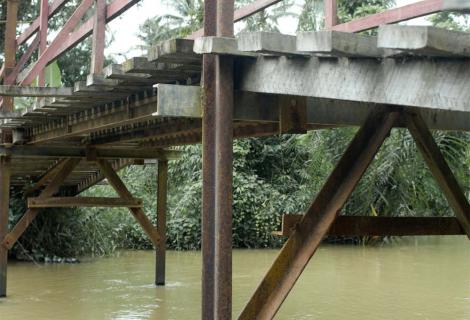
Is it possible for civil society to engage with the government in Myanmar? ActionAid has been working to this end, since 2006, by means of its fellowship programme. The fellowship programme is intended as an approach for bringing communities together and - through participatory processes - achieving cohesion, peace and development.
The linchpin of this programme are fellows and volunteers. They are young leaders - change makers - trained to support their own communities (or the communities where they are placed for a long term stay). They seek to empower the communities to act on their needs and aspirations, to build on their own capacities and resources and to forge linkages and collaborate with other key stakeholders. The assumption of the programme is that - before the fellows - communities would not have been approaching government officials (for example asking for support to meet their basic needs/rights or to complain about injustice) or they would have been very hesitant or afraid.
The experience so far indicates that fellows and volunteers have indeed helped communities in engaging with (mainly local) government authorities. Fellows mobilized villagers and equipped them with the assertiveness and the skills needed to collectively engage with government authorities to address their concerns. This report will provide an overview of the fellowship programme to:
- Discuss what assumptions underpin the programme
- Articulate how fellows are trained and how they manage to stimulate change (in particular re: engagement with local government)
- Illustrate how the work of fellows and volunteers has unfolded in practice
- Highlight contextual opportunities and challenges for the programme